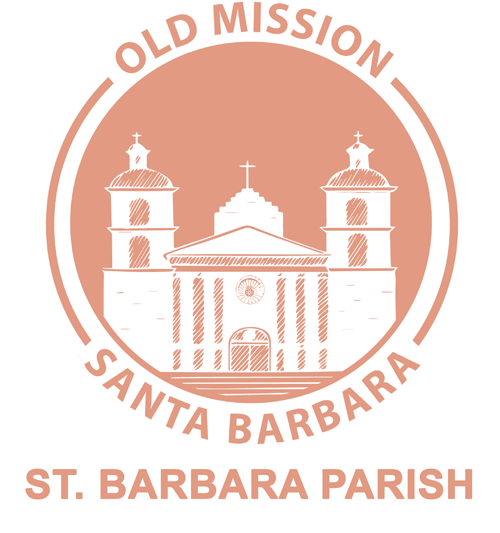Our New Birth in the Spirit
Dear Friend
Writing about the cauldron of violence that enveloped Poland 80 years ago, the poet Czeslaw Milosz wisely observed that “a hierarchy of needs is built into the very fabric of reality and is revealed when a misfortune touches a human collective, whether it be war, the rule of terror, or natural catastrophe…The fate of a city, of a country, becomes the center of everyone’s attention…”
All this week, I’ve been involved in conversations about the various “misfortunes touching the human collective”: the war in Ukraine, the ecological crisis and global warming, the continuing debates over the life of the unborn and abortion rights. All these themes come voiced with passionate commitment, moral outrage, and highly charged emotion. As Milosz goes on to say in the same essay, “the sudden crumbling of all current notions and criteria…is characteristic of the most stormy periods in history” and has an impact on the practice of language.
As its vocabulary and imagery demonstrate, the Book of Revelation was most certainly composed under the stress - and likely in the aftermath - of a similar conjunction of forces as those described by Milosz. In fact, he could be writing about John the Evangelist when he writes that “events burdening a whole community are perceived by a poet as touching him or her in a most personal way.”
As Kathleen Norris writes, our reading from Revelation this Sunday almost certainly contains John’s vision of a Pentecost community. The great multitude of those having “washed their robes and made them white in the blood of the Lamb” makes no sense unless you consider that this is what God does with our messes, bloody or not. “God will wipe every tear from their eyes.” Like John, we strain nearly to the breaking point for our new birth in the Spirit.
Gratefully,
Fr. Dan ofm
